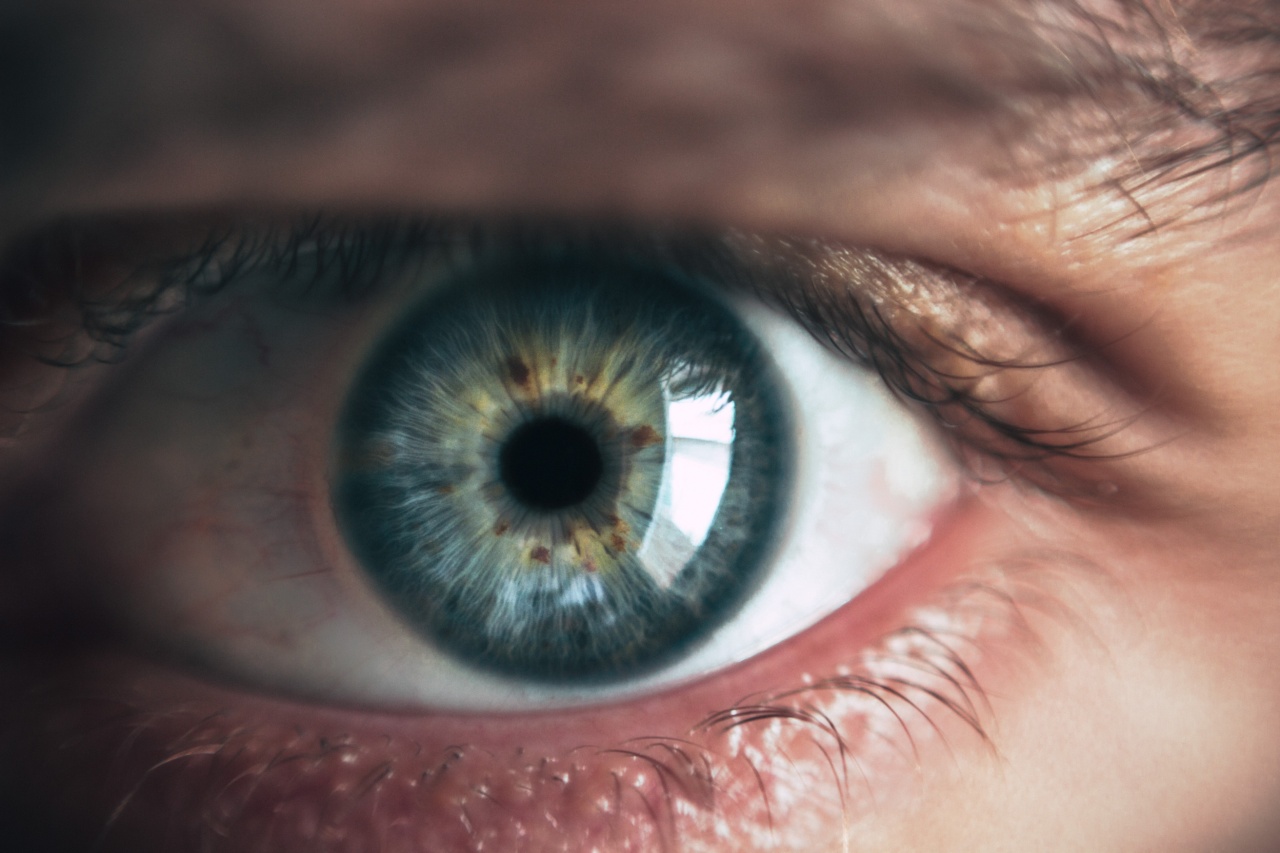Vision is one of the most important senses as it allows us to understand and appreciate the world around us. Blurred vision, however, can be a worrisome affliction that affects people of all ages.
There are several causes of vision blurriness, ranging from minor issues to serious medical conditions.
Cause #1: Refractive Errors
Refractive errors are the most common cause of blurred vision. This occurs when the shape of the eye prevents light from properly focusing onto the retina. This can cause a number of problems including nearsightedness, farsightedness, or astigmatism.
Refractive errors can be corrected with glasses, contact lenses, or surgery in some cases.
Cause #2: Cataracts
A cataract is a clouding of the lens in the eye that can cause vision to become blurry. This condition is most commonly associated with aging, but other factors such as injury, medication use, and medical conditions can also cause cataracts.
Surgery is the most common treatment for cataracts.
Cause #3: Glaucoma
Glaucoma is a group of eye diseases that can damage the optic nerve, leading to vision loss and blindness. One of the earliest signs of glaucoma is blurred vision, often accompanied by headaches, eye pain, and halos around lights.
Early detection and treatment can help prevent further vision loss.
Cause #4: Diabetic Retinopathy
Diabetic retinopathy is a complication of diabetes that affects the blood vessels in the retina. This can cause vision to become blurry and even lead to blindness if left untreated.
Regular eye exams and tight blood sugar control are key to preventing and managing diabetic retinopathy.
Cause #5: Macular Degeneration
Macular degeneration is a common vision problem that occurs when the macula – the part of the retina responsible for central vision – deteriorates.
This can cause a blurred or distorted central vision, as well as difficulty seeing colors and fine details. While there is no cure for macular degeneration, treatments such as injections, laser therapy, and medication can help slow its progression.
Cause #6: Dry Eye Syndrome
Dry eye syndrome occurs when the eyes do not produce enough tears or the tears evaporate too quickly, causing discomfort and blurred vision. This condition can be caused by aging, certain medications, or medical conditions such as autoimmune disorders.
Treatment options may include eye drops, medications, or surgery.
Cause #7: Presbyopia
Presbyopia is a natural aging process that occurs when the lens of the eye becomes less flexible, making it harder to focus on nearby objects. This condition can cause vision to become blurry or hazy, especially when reading or doing close work.
Treatment options may include reading glasses, bifocals, or contact lenses.
Cause #8: Migraines
Migraines are a type of headache that can cause vision to become blurry or distorted, as well as other symptoms such as nausea, vomiting, and sensitivity to light and sound.
Some people may also experience a visual aura prior to a migraine, which can include flashing lights, zigzag lines, or a blind spot. Treatment options may include medication and lifestyle changes.
Conclusion
Blurred vision can be a sign of a serious medical condition or simply a minor issue that can be corrected with glasses or contact lenses.
It is important to have regular eye exams and to seek medical attention if you experience sudden or severe vision changes.























